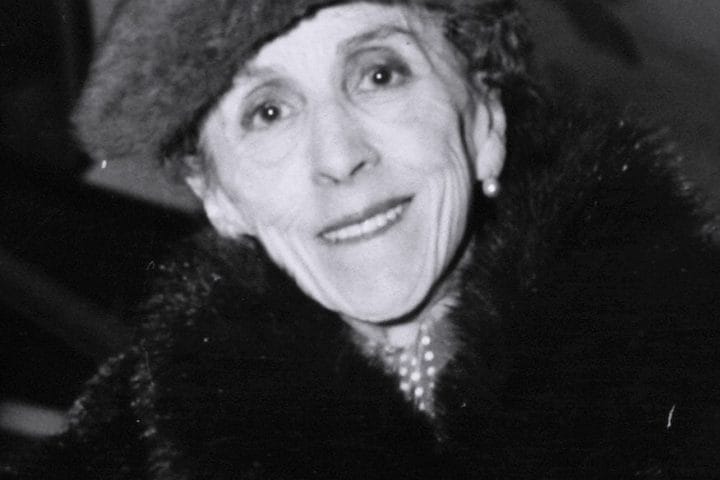Jean-Paul Sartre (1905 – 1980) was a French existentialist philosopher, literary critic, dramatist, and activist. He is widely recognized as one of the most influential philosophers of the 20th century and has had a major impact on generations of intellectuals worldwide. He is best known for his philosophical works such as Being and Nothingness (1943) and Existentialism and Humanism (1946), as well as his novels Nausea (1938) and The Age of Reason (1945).
Sartre’s writings explored issues suchas freedom, consciousness, choice, responsibility, authenticity, alienation, bad faith, despair and hope. His philosophy revolved around the idea that it is up to us to choose how we act and live our life. We are free agents capable of making our own decisions in life regardless of any external influences or constraints. Sartre believed that by achieving self-awareness we can become truly authentic individuals who embrace our freedom with all its implications. Throughout his writings he emphasized how each individual must accept full responsibility for their choices–in effect embracing their existence “for what it is” without resorting to wishful thinking or denying reality.
Sartre also held strong political views as an anti-colonialist thinker who supported Marxism and opposed organized religion due to its oppressive nature throughout history. He played a significant role in the student demonstrations of Paris in 1968 which inspired similar movements around the world. In 1964 he was awarded the Nobel Prize for Literature but refused it because he felt accepting such recognition would be hypocritical given his rejection of organized institutions. Overall Sartre remains an iconic figure in philosophical circles whose works continue to shape contemporary thought and debate today.










